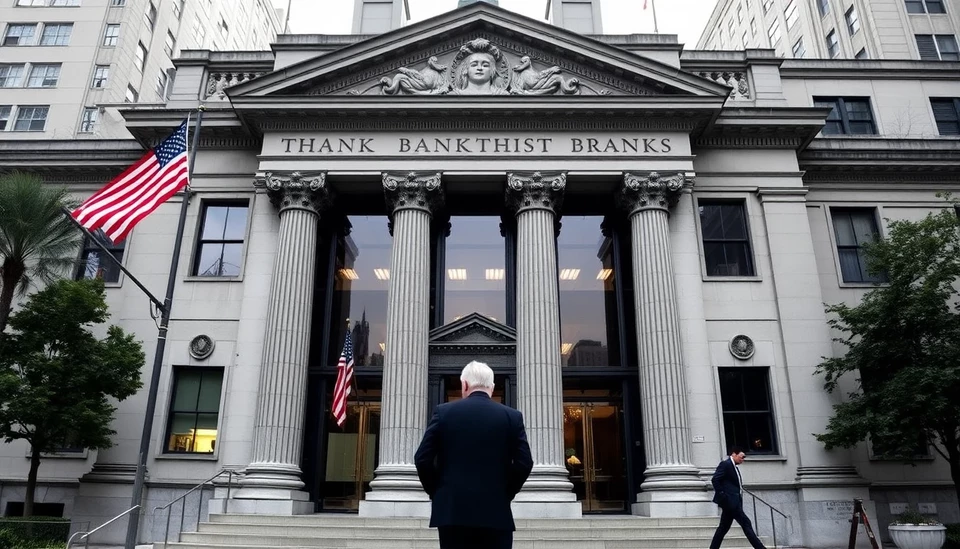
In the wake of increasing financial strain and market volatility, banks are setting their sights on potential regulatory relief that could come with a change in political leadership. The upcoming elections have reignited hopes that a Trump administration might revisit and possibly rescind certain stringent capital rules implemented during the Dodd-Frank era. This anticipation is rooted in the belief that easing these regulations could bolster profit margins and fortify balance sheets for financial institutions across the country.
Speculation is mounting among industry experts and banking executives that a Trump-led government would seek to dial back the capital requirements that have been a significant burden for banks since the 2008 financial crisis. The Dodd-Frank Wall Street Reform and Consumer Protection Act aimed to create a more stable financial environment by introducing higher capital standards, but critics argue that these rules have excessively constrained banks’ abilities to lend and serve their customers.
The capital rules in question require banks to hold a certain percentage of their assets in reserve. Advocates for rolling back these regulations argue that the change would not only ease the operational burden on banks but also encourage lending, stimulating the economy in the process. "If banks can operate with a less burdensome capital framework, they will be better positioned to contribute to economic growth," said a leading analyst in the financial sector.
Moreover, significant industry players have been vocal in their support for the regulatory rollback. They believe that a Trump administration would embrace a more business-friendly atmosphere, making it easier for financial institutions to thrive. This sentiment is echoed by recent trends: banks have rallied in anticipation, with stock prices reflecting the optimism surrounding potential policy shifts.
As the November elections draw closer, financial markets will be closely watching for any signs of policy changes. Analysts say that if Trump is re-elected, immediate examination of capital rules is expected, with discussions likely taking place as soon as the new administration assumes office. However, it remains unclear how extensive these changes would be and what the implementation timeline would look like.
In addition to capital regulations, banks are also hoping for favorable adjustments related to compliance costs and reporting requirements. Maintaining a more lenient regulatory environment has become a top priority for many financial institutions, and industry leaders are poised to lobby heavily for these changes.
In summary, the banking sector is looking ahead with cautious optimism towards the prospect of regulatory changes that may emerge in a Trump-controlled landscape. Should significant reforms take effect, it could drastically reshape the industry, allowing banks to operate in a manner that fosters greater economic opportunity and resilience.
As industry watchers prepare for possible developments post-election, it's clear that the stakes could not be higher for both banks and the broader economy.
#Trump #BankingIndustry #RegulatoryReform #DoddFrank #Elections2024 #FinancialMarkets
Author: John Harris




